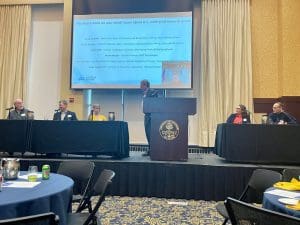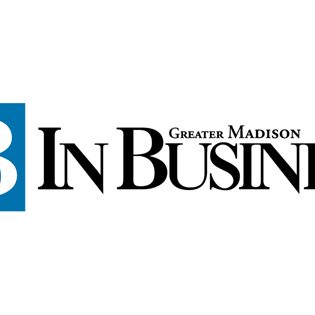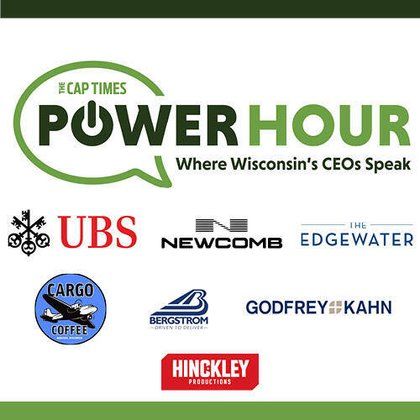By Tom Still
EAU CLAIRE, Wis. – Experts offer many reasons for the recent drop in U.S. college enrollment, which fell 8% between 2019 and 2022. Fear of amassing student debt. More chances to work right after high school. Refusal to believe college graduates earn much more than high school grads over time (which is statistically true). Worries about fitting into campuses where left-wingers won’t tolerate right-wingers, and vice versa. Aversion to long-form reading in a digital age.
They’re all plausible answers for why some colleges are struggling to fill seats. Here’s another possibility: Students aren’t always thrilled about four more years of classroom or online instruction that fails to expose them to hands-on skills.
A recent forum at the UW-Eau Claire, one of the region’s leading universities when it comes to getting undergraduate students internships and other career experiences, highlighted some antidotes to the enrollment slump. It also spoke to how colleges can help local economies by keeping talent close to home.
The UW-Eau Claire will host close to 4,000 people this month for the National Conference on Undergraduate Research, an event it landed in large part due to its record of matching students with opportunities in areas as diverse as health care, agriculture, materials science, chemistry and engineered systems such as production of circuit boards.
There are no doctoral degree programs at UW-Eau Claire, which is the case at 11 of 13 UW System campuses. However, there are vigorous programs in science and tech for students who range from freshmen to candidates for master’s degrees. Two-thirds of all UW-Eau Claire graduates complete at least one internship before graduating; many complete two or more. As a result, almost all Eau Claire graduates (97% in 2022) wind up working or pursuing another degree in their chosen field.
Managers from four companies at the April 4 forum praised campus efforts to connect students to research opportunities in their companies and well beyond. Those same managers – from Silver Spring Foods, WPC Technologies, Catalytic Combustion Emission Technologies and TTM Technologies – said they value student work and the faculty oversight that often comes with it.
On the faculty end, one department chairman said hands-on work within a company is what many students relish. “Nothing motivates them more than industrial projects,” said Doug Dunham, chairman of the Department of Chemistry and Biochemistry.
Projects assigned to students by the four companies included helping to develop specialized paints and coatings for aerospace use, testing how certain natural pathogens affect flavor and nutrition in horseradish, better controlling emissions from kitchen appliances such as ovens, and plating tests for circuit boards.
The Mayo Clinic, which has a strong presence in Wisconsin, also works with UW-Eau Claire students engaged in health studies. That will expand if the Legislature fully approves a five-story Sciences and Health Sciences building to be constructed near the heart of campus. It will include state-of-the-art equipment and laboratories for students, faculty and partnering businesses.
Speaking to the group, Eau Claire Chancellor Jim Schmidt said 225 businesses, non-profit groups and government agencies have worked with campus science and health departments over the past five years. That’s good for the local economy in more ways that one, Schmidt added. Fewer than 10% of incoming students hail from the Chippewa Valley – but nearly a third stay there once they graduate, most often because they find jobs.
These kinds of hands-on connections aren’t limited to the UW-Eau Claire campus, of course. Hundreds of students from each of the UW System’s 13 four-year campuses exhibited their work at the March 8 “Research in the Rotunda” event, held in the State Capitol. Wisconsin’s technical college system has long worked with private businesses in need of talent, and the state’s private colleges produce more science and tech graduates than imagined.
Higher education is being tested right now by market and social forces that are difficult to predict and manage. If more campuses touted or expanded opportunities for undergraduates to work in settings outside the classroom, perhaps more high-school grads would consider enrolling right away – or coming back to finish a degree.
Still is president of the Wisconsin Technology Council. He can be reached at tstill@wisconsintechnologycouncil.com.






